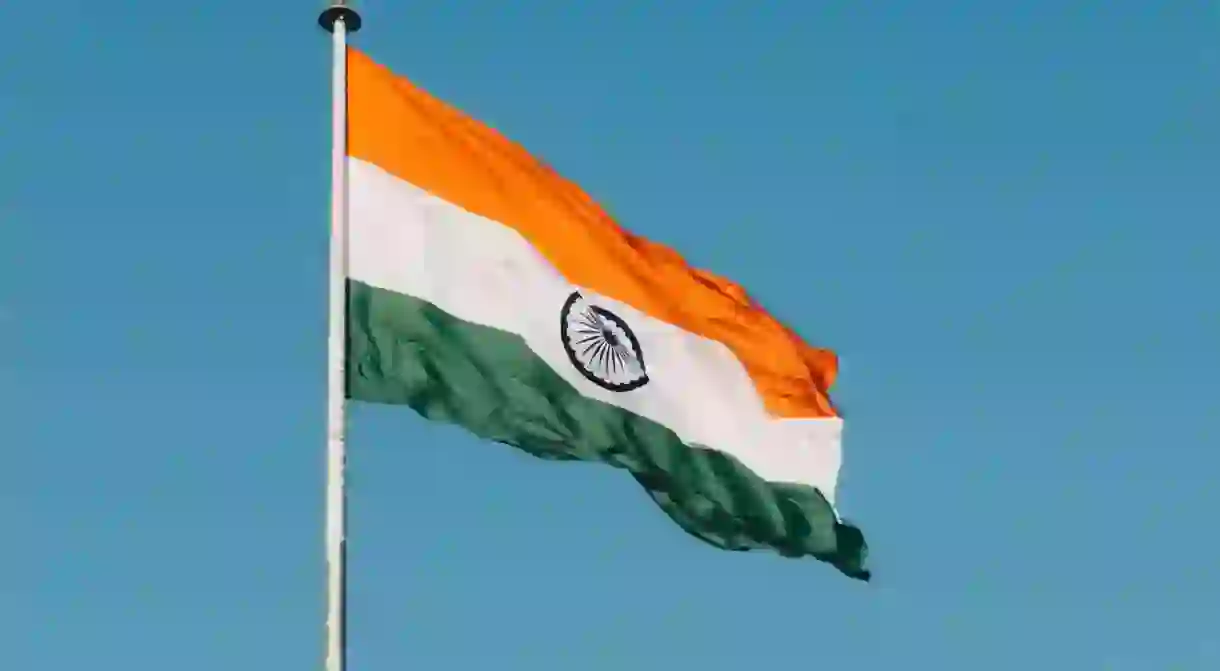Things You Probably Shouldn’t Say to Someone From India

Indians are a very warm and welcoming lot once you get to know them well. But, like anywhere else in the world, there are some stereotypes likely to offend the local people’s sentiments. While you can check out some helpful tips to help you speak like a native, the following things are best left unsaid to someone from India, especially if you’re meeting them for the first time.

“What caste are you?”
Yes, it’s true that the caste system still exists in some parts of India. It’s always hard to eradicate a practice that has been ingrained in society for thousands of years. But people have continued to work hard to bring down this oppressive and antiquated system of social stratification, and things are a million times better now than it used to be. Instead of reinforcing the issue, you could instead ask how things can be improved upon further.
“Please say something in Hindi.”
While the national language of India is Hindi, the official language is English. This culturally diverse country has the world’s second highest number of languages, with 122 major ones and 1,599 others. So, do not assume that every Indian can speak in Hindi. Ask them which region they belong to and get to know more about their culture; this will open you up to a wealth of knowledge.
“Hey, I can do a really good Indian accent impression.”
Maybe you mean that you can do an impression of Appu from The Simpsons or Raj from The Big Bang Theory. Please be specific and don’t generalise. When you’re in India, you’ll hear hundreds of different accents that are all Indian.
“My computer has stopped working? I’m sure you’ll be able to fix it, won’t you?”
Do not say this to every Indian, unless, of course, you know for sure that the person is into technology. Films and TV shows love casting Indians for the role of tech support, but not everyone from the country is a tech expert.

“You must be a vegetarian.”
Not all Indians are vegetarians, and butter chicken and tikka masala aren’t the only non-vegetarian dishes in Indian cuisine. Don’t limit yourself to curry and naan, and you’ll be surprised by the diversity of the country’s cuisine. For instance, in the north-east region of India, land snails (similar to the French escargots) are commonly used in cooking.
“I enjoy Bollywood so much. It’s all about singing and dancing, right?”
No, they’re not. Singing and dancing are major parts of most Bollywood films, but the Indian film industry has so much more to offer. Critically acclaimed films that have tackled sensitive issues such as politics, homosexuality, gender and caste have all emerged from Bollywood. If you want some recommendations, try watching movies by Anurag Kashyap, Deepa Mehta, Vishal Bhardwaj, Homi Adajania and Dibakar Banerjee.
“I learnt so much about India after watching Slumdog Millionaire!”
There is a group of people who feel that once they’ve watched Slumdog Millionaire, they’ve seen all of India – this could not be further from the truth. Although a good film, Slumdog Millionaire is a stylised representation of the Mumbai slums and was even termed as “poverty porn” by The Times UK. India is such a vast country and not just in terms of size but also in cultural variety. When you visit the place, come with an open mind and without prejudices; your travel experience will be much more rewarding.

“So which among the million Hindu gods do you worship?”
There are some 330 million deities in Hinduism! That is absolutely fascinating. But apart from Hinduism, India is also the birthplace of three other major religions – Buddhism, Jainism and Sikhism. Even though a large part of the population is Hindu, India has several other religions that have all co-existed in harmony for ages.
“What’s it like living in a Third World country?”
Even after 66 years of independence, India is still a developing country. But many times, the negative overshadows the positive. Without undermining the work that still needs to be done towards making India a developed nation, it helps to focus on the feats it has achieved so far. For example, the Indian Space and Research Organisation launched a record-breaking 104 satellites from a single rocket in 2017.
“I want to travel to India, but I’m afraid I might catch some disease.”
The belief that you will contract a disease as soon as you land in India is a misconception. If you read travel guides and speak to people who’ve travelled to India before, you can take the necessary precautions before your visit to the country. You can also stay healthy by avoiding some street foods from unhygienic places. Whenever you travel to any country, it’s important to do some research first – it’s the same with India. Don’t let preconceived notions stop you from exploring this amazing country.
Make sure to check out these amazing and enchanting tours and excursions exploring all that India has to offer.













